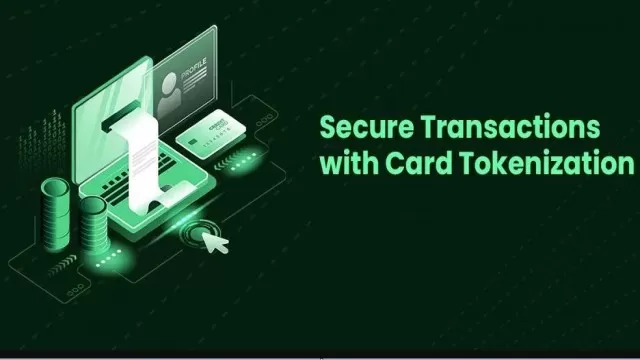


The popularity of betting among fans draws the interest of phishing kits, SIM-swap rings, and APK clones, as the high payouts make payment cards and crypto wallets directly accessible. On their part, leading mobile sportsbooks can now boast a security stack that is much more reminiscent of fintech than of the traditional gambling industry. Now, most random attacks can be blocked before they even have a chance, thanks to multi-factor logins, tokenized card storage, and GPS fencing. The two following sections dissect how such layers operate and what you can activate in under five minutes.
Opening the Parimatch online betting app without a second factor is like leaving a match ticket on the dashboard—someone will try the handle. App developers now bake in three options:
The worst-case scenario for latency is two seconds, which corresponds to the frequency of live odds changes; therefore, select a technique that ensures less than a one-second increase in the sign-in process. A push prompt and backup TOTP make sessions fast and secure for the vast majority of customers.
Traditional breaches of card data begin with the protocols that merchants write and store in plain format; tokenization writes the script. When filling out a Visa or Mastercard, the betting app requests that your card network provide a surrogate token. The token is used in place of the actual PAN in all subsequent transactions; hence, even a server breach would not result in any usable strings.
| Payment Rail | Settlement Speed | Reversal Window | PAN Exposure |
| Tokenized Card | 2–3 s | 120 days | None (token only) |
| Standard Card | 2–3 s | 120 days | Card number in merchant DB |
| UPI Autopay | <1 s | User-initiated | Virtual Payment Address |
UPI Autopay offers an equally secure option for Indian users, as it withdraws money through a Virtual Payment Address (VPA) that does not display account numbers. You authorize a requirement once, set a limit, and subsequent bonuses come in under that limitation without requiring repeated PIN requests. It's ideal to maintain the value of wagers constant.
To add to the security, consider keeping betting money on a card with a lower limit or in a special UPI wallet. Even a thief who manages to circumvent every other layer of protection still crashes into a stiff ceiling on how much he can spend and damage the budget of just one working day, rather than the entire salary.
Behind every spin of virtual roulette or cricket over/under, a scoring engine measures click speed, touch-point spacing, and geolocation drift. These signals feed a machine-learning model trained to spot patterns no human trader could eyeball—think 12 bets placed in under three seconds from a device that claims to be in Kolkata but routes through a Serbian data center. Once flagged, the platform throttles the bet size to ₹0 until support staff review the session.
Device fingerprinting adds another layer: the app records GPU type, screen resolution, and OS build during the first login and stores the hash on its risk server. When the same account surfaces later on an emulator or jailbroken phone, the mismatch trips a secondary alert that forces re-verification. This saves both bookmaker and user from chargebacks triggered by bot scripts hijacking dormant credentials bought on dark-web dumps.
Security is half the job; self-control tools form the other half. Inside settings, players can set a daily wager ceiling—say ₹22,000—after which the bet button greys out until midnight. A weekly loss limit works similarly: cross the threshold, and withdrawals freeze for 24 hours, giving emotions time to settle before more funds leave the account.
The app also offers a cooling-off switch: toggle it once, and the profile locks for anything between one day and six months, depending on the slider. Support cannot override this timer, an intentional design choice that prevents late-night emails from reversing a clear-headed decision made earlier. Paired with real-time spend dashboards that refresh after every wager, these opt-in tools ensure excitement stays inside a budget the user defines rather than one the odds dictate.
Disclaimer: The content provided on this website is for informational and educational purposes only. We do not promote, endorse, or encourage any form of illegal betting or gambling. Readers are advised to check the legal status of betting and gambling in their respective jurisdictions before engaging in any activities. It may be legal in certain regions, but it is the your responsibility to ensure compliance with local laws. We are not liable for any legal or financial consequences arising from the use of this information.
Give Your Feedback